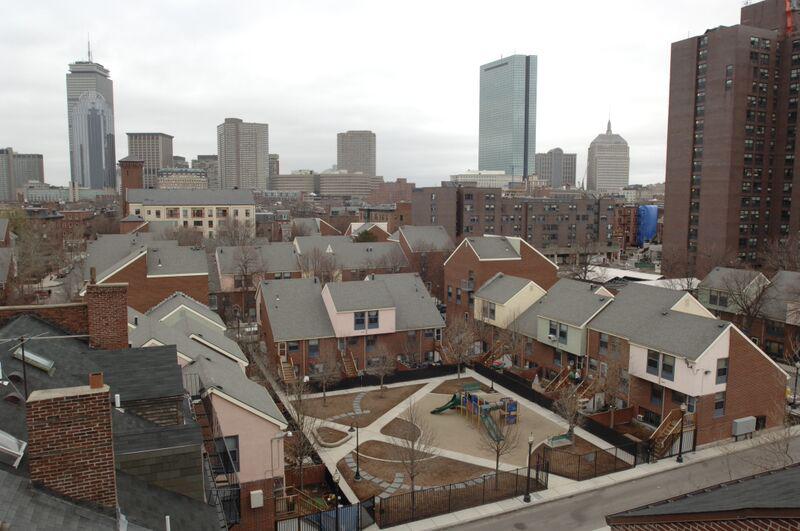
- On January 31, 2017
- In Affordable Housing
2017: What's on Our Affordable Housing Radar
Last year was critical for affordable housing in Boston, and 2017 may be even more important. With new leadership in Washington, D.C., new initiatives from Mayor Martin J. Walsh, and the enactment of the Community Preservation Act, Boston’s affordable housing landscape will continue to evolve. Here’s what we’re keeping an eye on in the year ahead. First, we anticipate continued progress by Mayor Walsh in meeting Boston’s housing challenges. The draft plan for Imagine Boston 2030 promises to enable the city to meet its ambitious housing goals. It details how Boston will increase housing supply, pursue beneficial tools and policies (like the inclusionary development policy), reduce displacement with the formation of the Office of Housing Stability, and partner with neighboring municipalities to identify regional solutions to preserve affordability. Additionally, Mayor Walsh released his Anti-Displacement Legislative Agenda, a five-bill package of legislation to address resident displacement, tenants’ rights, and affordable housing. An Act Relative to Zoning in the City of Boston, would allow the city to amend the zoning code, and protect the Inclusionary Development Policy, which raises funds for affordable housing. Also, an Act Regarding State Income Tax Credit for Renting Unsubsidized Properties at Below Market Rents, will incentivize landlords to charge below-market rents by providing an income tax credit of $1,500 for those who provide unsubsidized units at below-market rents to qualifying households. Furthermore, we look forward to the positive impact that the Community Preservation Act will have on the City of Boston, as it is expected to bring an excess of $20 million that will be dedicated to affordable housing, historic preservation and open spaces. First and foremost, we are watching who will be selected for the Community Preservation Committee, and where they will decide to allocate the funds. Finally, the decisions made by President Donald Trump and his cabinet will affect affordable housing here in Boston. One key element is the Low Income Housing Tax Credit (LIHTC), which has been instrumental in creating more affordable living options across the country for the past 30 years. The decisions President Trump makes on tax policies could impact the program’s effectiveness, which is a primary funding source for subsidized housing. We are interested to see how things unfold and the impact that Department of Housing and Urban Development secretary Ben Carson will have. We will continue to fight for the rights of low-income families, and look for ways to help build upon the progress made last year. We hope to see continued advancement for housing and opportunities for the hard-working residents in our city....
